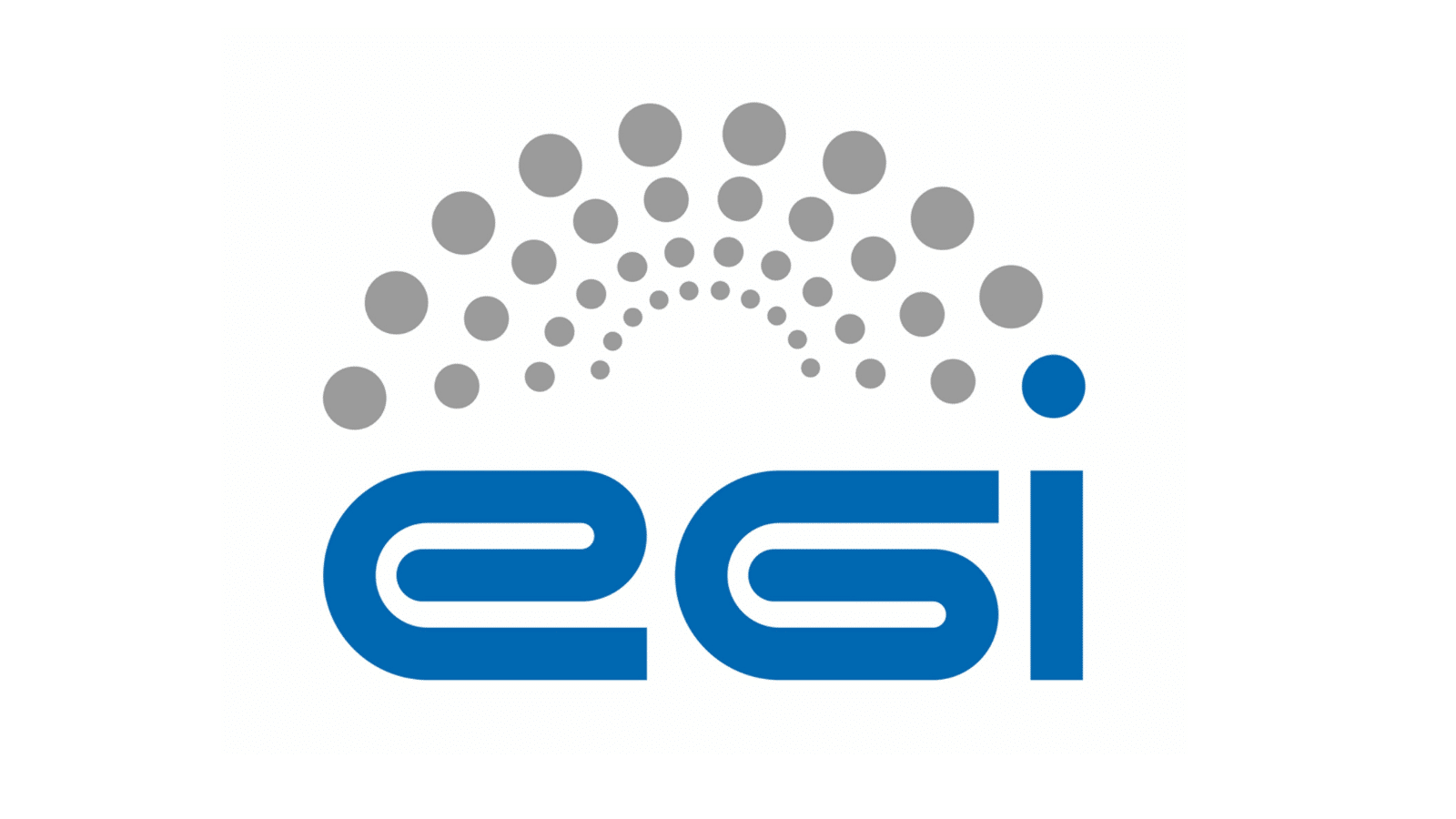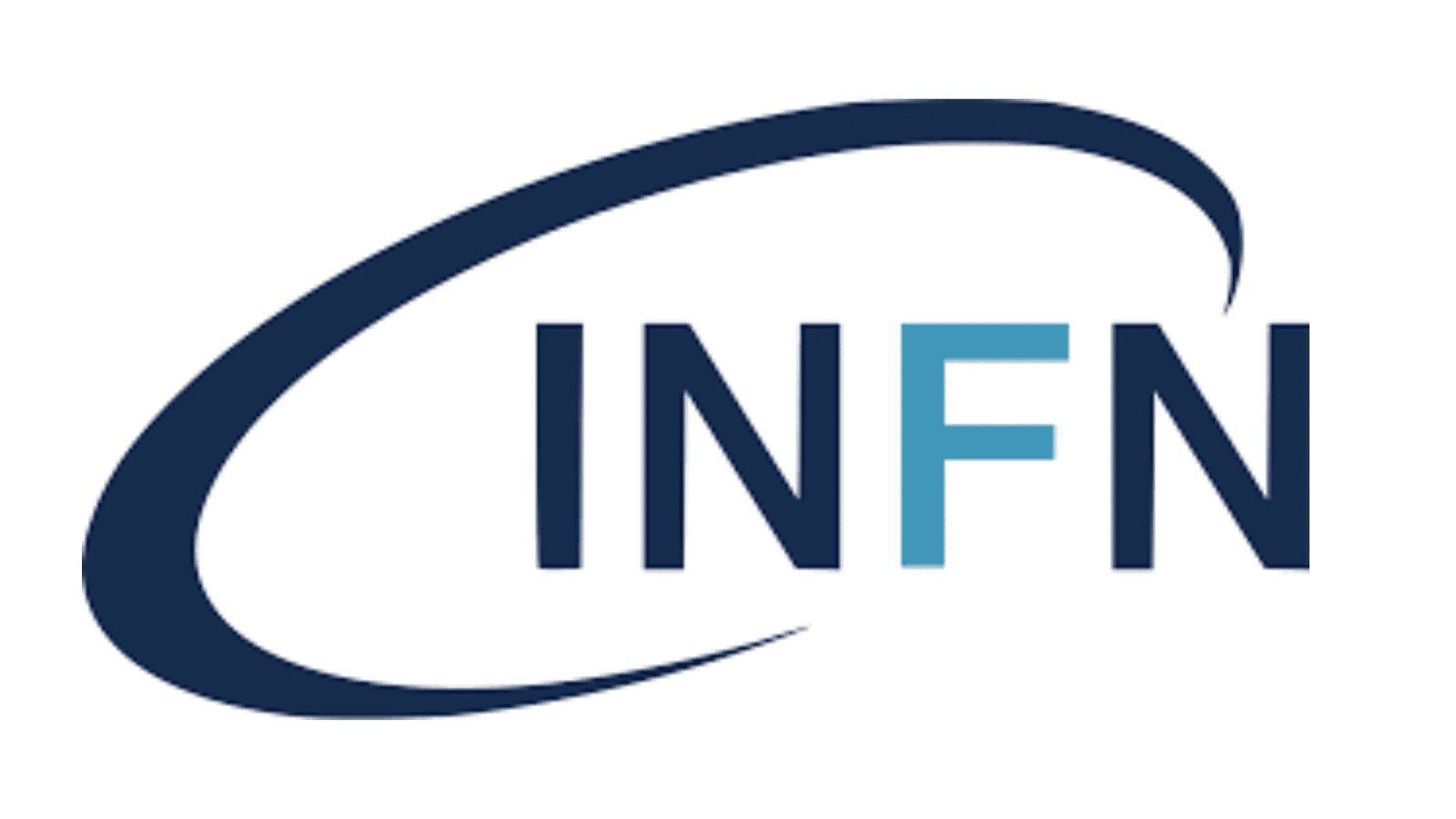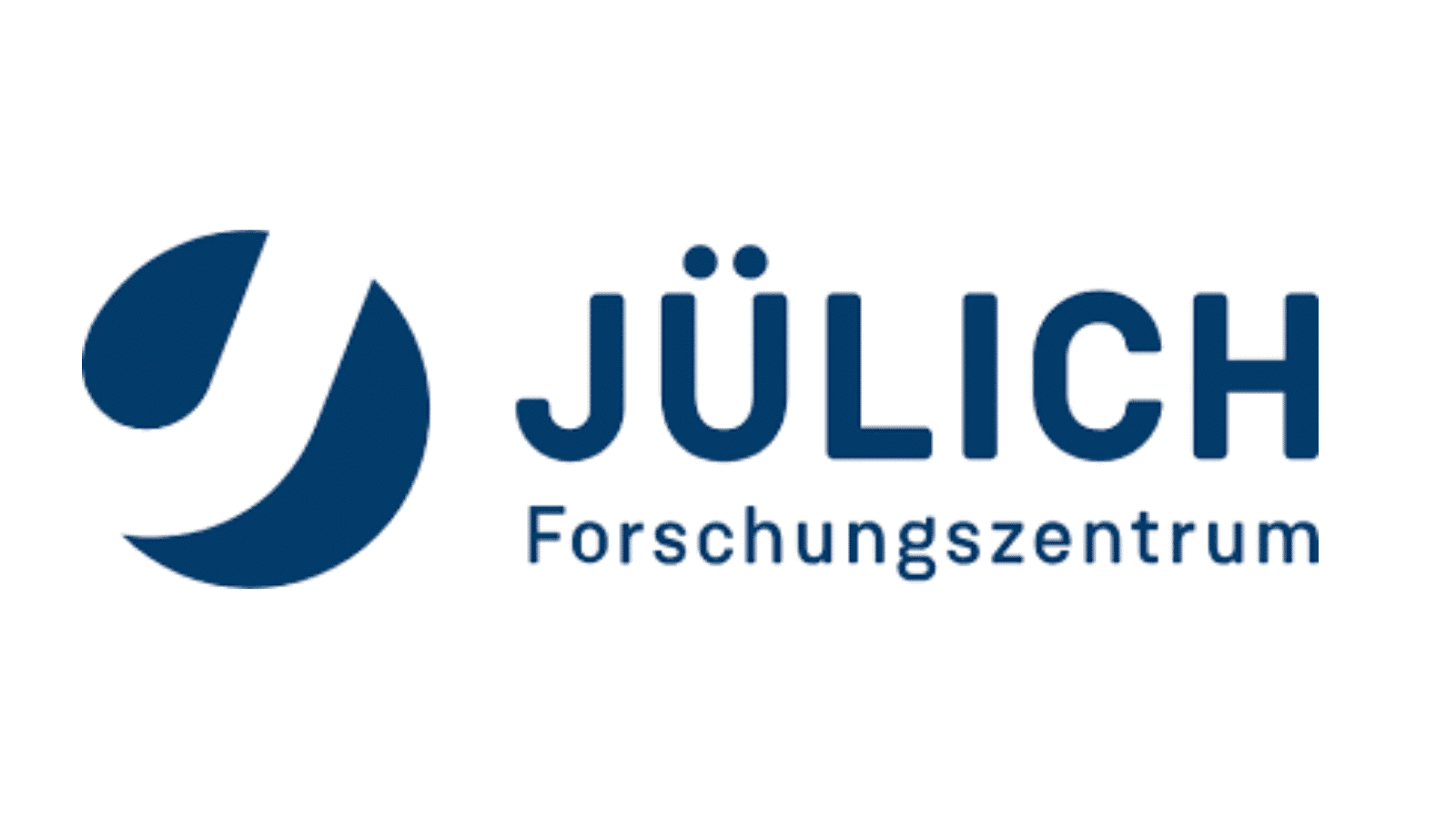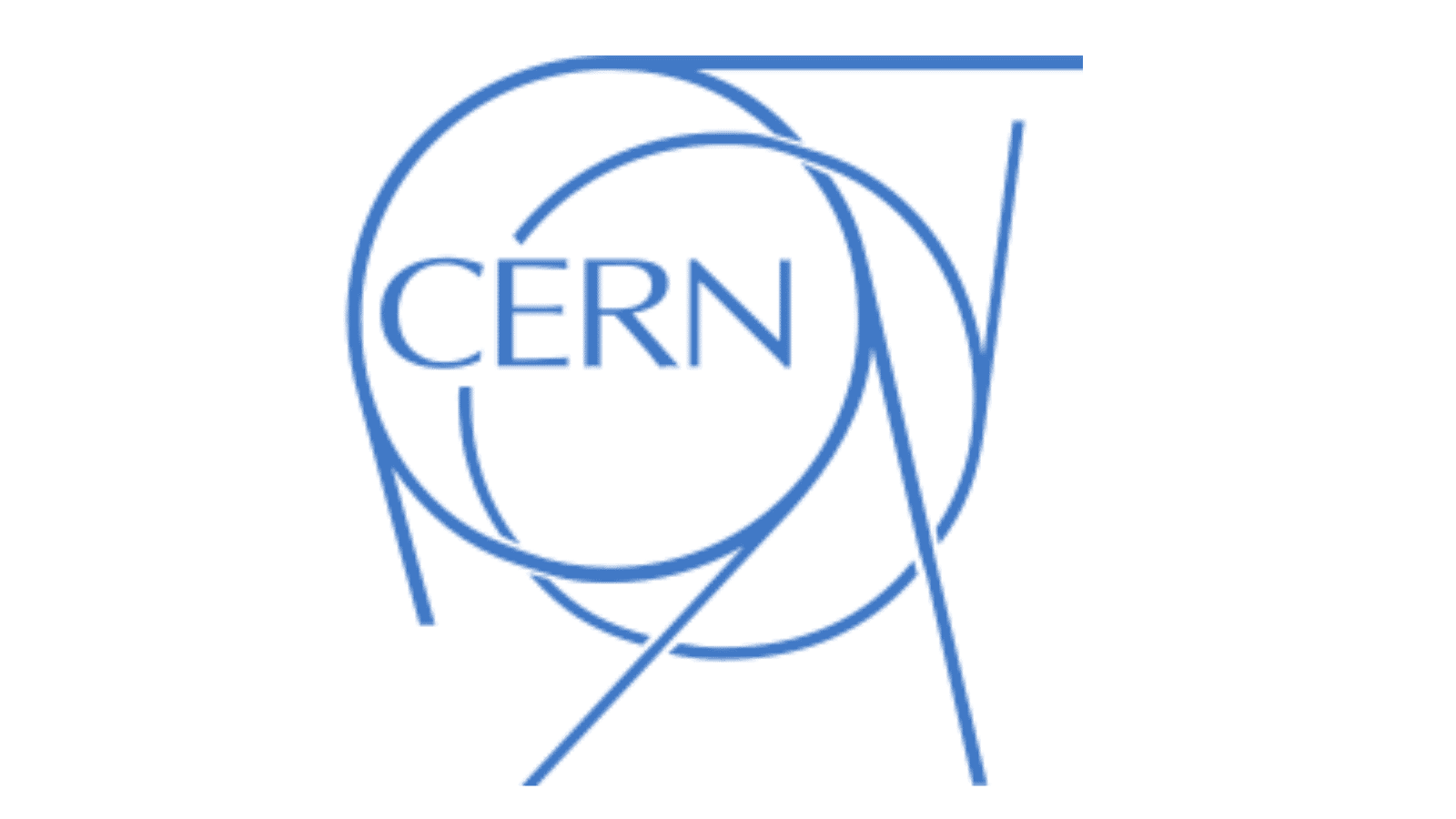Sergio Andreozzi (EGI Foundation) is the SPECTRUM Project Director and WP7 Lead
Project Structure

Work Packages
WP1/WP2
This work package aims to ensure the smooth running of the project and the timely achievement of all project goals.
- Overall administration, financial, and project management, including quality and risk management
- Organising the various project activities and events, internal and external communications
- High-level supervision of the project governance and the rest of the work packages, as well as all legal and contractual obligations
Tasks
- T1.1 Project management and coordination
- T1.2 Quality and Risk management
- T1.3 Dissemination, Communications and Exploitation
- T2.1 Project management and coordination
- T2.2 Quality and Risk management
- T2.3 Dissemination, Communications and Exploitation
WP1/WP2
This work package aims to ensure the smooth running of the project and the timely achievement of all project goals.
- Overall administration, financial, and project management, including quality and risk management
- Organising the various project activities and events, internal and external communications
- High-level supervision of the project governance and the rest of the work packages, as well as all legal and contractual obligations
Tasks
- T1.1 Project management and coordination
- T1.2 Quality and Risk management
- T1.3 Dissemination, Communications and Exploitation
- T2.1 Project management and coordination
- T2.2 Quality and Risk management
- T2.3 Dissemination, Communications and Exploitation
WP3
Collect, organize and consolidate the current understanding and plans from the HEP and RA research communities involved in SPECTRUM, via the realisation of thematic WGs in which solutions from the most advanced communities
can be discussed with communities that still need to prepare plans for the coming generation of experiments.
The program of work includes:
- Reaching an as–large-as-possible number of HEP and RA research groups to collect use cases, planned solutions and possible R&D paths
- Propose a consultation to consolidate the inputs, in the form of a survey, directed to either single researchers, research groups and institutional representatives from the experiments
- Create thematic WGs on major research lines, e.g., data access and data processing patterns, data management, resource allocation, access policies, exploitation of HPC centres, role of Quantum Computing and Cloud, Data Continuum, AI frameworks (MS1), code management practices
- Consolidate the results in a report, to be disseminated via the SPECTRUM website, mailing lists, public meetings, webinars, participation to conferences.
Tasks
- T3.1 Community of Practice management
- T3.2 Community of Practice technical leadership for Working Groups
WP4
Review the outcomes of the WP3 WGs and of WP5, and implement an iterative workflow to consolidate and extend the understanding of the identified science-driven challenges by extending the consultation to a broader community and possibly re-designing the scope and the objectives of the thematic WGs. This activity will be co-designed with WP6 and WP7 to serve the needs of developing the Technical Blueprint for compute and data continuum and the SRIDA in alignment with the communities of practice and science-driven. The program work includes:
- Define a consultation in the form of
- 1/ an interview protocol articulated around the thematic WGs
- 2/ questions co-designed with WP6/WP7 and intended to provide insights on high-priority cross-cutting challenges supporting a growing CoP and make them first class concepts for WP6/WP7
- Consultation will first reach the broader HEP and RA community to complete and develop the understanding of the high-priority challenges and road map identified in WP3
- Then the consultation will be extended to other external data-intensive communities (e.g., climate and environment, earth observation, biological and medical sciences)
- Finally engage with other groups having similar experience and objectives (e.g., ESFRI thematic cluster projects) to
- 1/ share the WGs outcomes and explore long-term strategy and collaboration for the CoP identified by the WGs and
establishing a possible strategic agenda for supporting this effort - 2/ identify a strategy, actions and roadmap to build a long-term sustainability of the CoP as an input to WP7.
- 1/ share the WGs outcomes and explore long-term strategy and collaboration for the CoP identified by the WGs and
Tasks
- T4.1 Community of Practice management
- T4.2 Community of Practice technical leadership for Working Groups
WP5
Tasks
- T5.1 Use cases and requirements analysis
- T5.2 Access policy recommendations
- T5.3 Landscape analysis, best practices and gaps
WP6
The Technical Blueprint will provide a vision and a roadmap toward trans-continuum data intensive computing and data logistics technologies and infrastructures for intensive computing, high-end data processing and analysis, including AI/ML.
The Blueprint will be shaped with input from infrastructure providers of pan-European relevance in HTC, Cloud, HPC, AI and Quantum computing, as well as in data storage, management and diffusion, to meet the needs of the use-cases and the desire to build an innovative, cost and power efficient, leadership-class computing and data continuum, including data logistics and cybersecurity, in Europe.
Tasks
- T6.1 Baseline Technical Blueprint for compute and data continuum
- T6.2 Technical Blueprint for compute and data continuum
WP7
The main objective of this WP is to develop the Strategic Research, Innovation, and Deployment Agenda (SRIDA) which defines the vision, overall goals, main technical and non-technical priorities, investment areas, and a research, innovation, and deployment roadmap for data-intensive science and infrastructures.
The specific objectives are:
- Review the outputs of WP5 and identify;
- Consult and align with the CoP;
- Define the SRIDA; the document and will run two rounds of consultations with the CoP supported by WP4;
- Socialise the strategy: in order to achieve impact, with the support of WP2, this WP will be responsible for communicating the SRIDA internally (within the CoP) and externally to collaborating initiatives of the ecosystem.
Tasks
- T7.1 First strategic paths and actions (SRIDA)
- T7.2 Final strategic paths and actions (SRIDA)


















